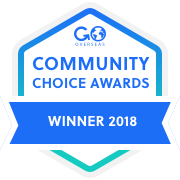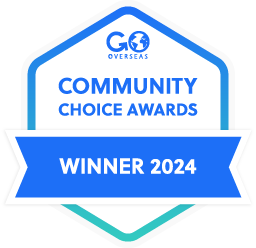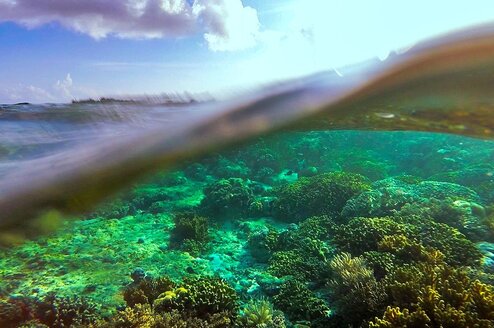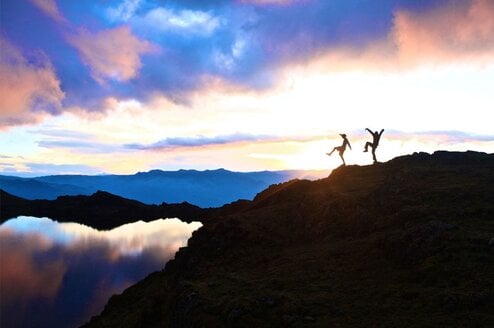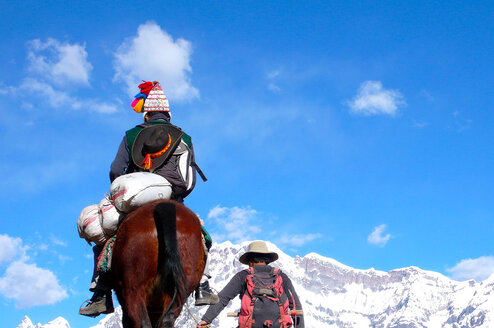Bhutan Semester: Environmental Sustainability & Community Happiness
- Bhutan
About Program
Cloistered amidst the dramatic backdrop of the Himalayas, Bhutan has captured the imagination of explorers and scholars alike. Part of its allure can be found in Bhutan’s intentional seclusion from the world beyond its boundaries. Up until very recently, the royal monarchy carefully controlled external influences, only allowing television into the country in 1999.
Even today, travel to Bhutan is tightly monitored by a deliberately restrictive visa program for foreign visitors. Bhutan’s seclusion, however, has resulted in an unparalleled conservation of long-held values, Buddhist beliefs, and cultural practices. Through homestays, community engagement, and immersion in cultural practices, our semester explores how Bhutanese traditions have created a society uniquely centered on the values of community happiness and environmental sustainability.
Video and Photos
Diversity & Inclusion 💙
BIPOC Support
LGBTQIA+ Support
In some cases, students may be advised not to speak about their sexual orientations and/or gender identities with local contacts (such as homestay families, ISP mentors, language teachers, and guest speakers) due to safety concerns. Likewise, transgender and non-binary students may have to choose to present outwardly as male or female in certain contexts during the program. In other cases, “coming out” to some or all host community members may be a safe choice.
Neurodivergent Support
Accessibility Support
Impact 🌎
Sustainability
Ethical Impact
Learning Service is a holistic experience that combines an intimate and authentic engagement with the local community, the study of effective development, and the contribution to an established community-driven project. It is the process of living, working alongside, and humbly absorbing the culture of those being served while coordinating closely with project managers to understand the trajectory of the project, from inception to completion and beyond. It is an acknowledgment that often it is the volunteer who stands to gain as much or more from the work. And it is a commitment to making contributions that create positive impacts in the communities coupled with the humility to always listen and learn first.
Program Highlights
- Tibetan Buddhism, the state religion, can be found everywhere in Bhutan, from government policies to educational systems to everyday cultural practices. Monastery visits and a retreat will provide Buddhist teachings.
- Examining Bhutanese conceptions of happiness will offer insights into unique cultural worldviews that will dynamically interact with development and other topics we look at during the course.
- This program will go on one longer trek up to two weeks long and several shorter day hikes in the Himalayas.
- Independent study options include archery, traditional weaving, cooking, monastic life, dance, conservation and local fauna & flora, animal husbandry, meditation, Tibetan traditional medicine, tourism, and more.
- Elementary instruction in Dzongka, the main language spoken in Bhutan.








